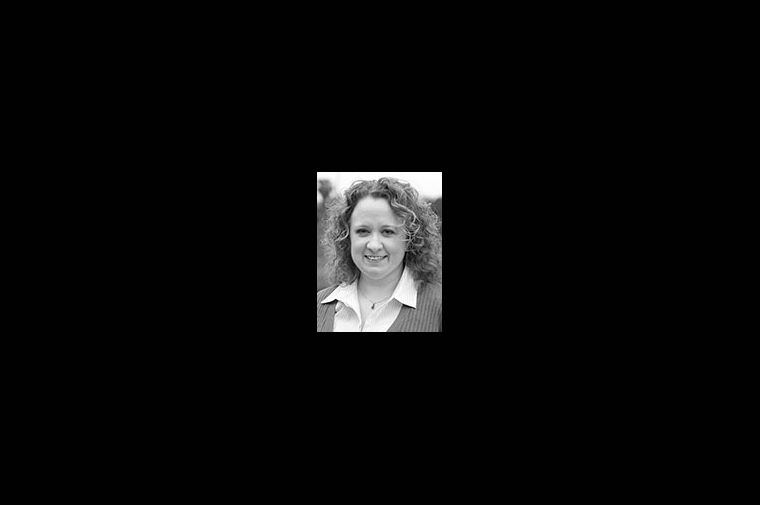Notable Native: Maureen Feck
Maureen Feck, activist for the Pancreatic Cancer Action Network and director of events and meetings for True Value Hardware, sat down with The Chronicle to talk about the disease and how the network is beneficial for patients.
November 30, 2015
After losing her father to pancreatic cancer in 2007, Maureen Feck joined the Pancreatic Cancer Action Network to help other families affected by the disease. Feck, who works as the director of events and meetings for True Value Hardware, joined the Network’s Chicago metro affiliate as an event coordinator in 2008 and now serves as the volunteer affiliate chair. The Chronicle spoke with Feck about the disease and how the network is helping both patients and their families.
THE CHRONICLE: Have you always lived in the
Chicago area?
MAUREEN FECK: I originally grew up in Franklin Park as
the youngest of four. Two of my brothers are still here, [and] one moved to Texas, but we’re a big Chicago family.
Why did you join the Pancreatic Cancer Action Network?
I’ve been involved with the organization since April 2007 when my father, who was 67 years old, was diagnosed with pancreatic cancer. It was stage four. Unfortunately, he passed away just three weeks after he was diagnosed. It was a very quick and devastating impact to our family. We didn’t have a lot of opportunity at the time to find any organizations or reach out [for help]. So it was after he passed away that I did a little more research and was able to find the Pancreatic Cancer Action Network and get the scope of what they do in communities around the country. At that point, they were looking for an event coordinator to lead PurpleStride Chicago, which is a 5K run [held] every year. It was a perfect fit.
What kind of work does the organization do?
The organization is really focused on funding research, supporting patients and creating hope. It has a great patient services program called Patient Central. It’s great as a volunteer to be able to not only be involved in events raising funds, but—as you meet people impacted by this disease—to be able to direct them to a resource. It has created such a community. We’ve all been touched by this disease in one way or another, so we are all working together toward progress.
Why did you join the group?
For the opportunity to create hope. So many of the patients and family members who reach out to us are at a bad place [because] it’s such a difficult disease. It’s really [important] to create an opportunity for them to feel like they’re having an impact. It’s incredibly rewarding to feel like the people facing the disease can get a sense of hope.
What do you wish people knew about pancreatic cancer?
Pancreatic cancer is one of the deadliest cancers. It is projected to move from the fourth- to the second-leading cause of cancerous death by 2020; it’s an absolutely devastating disease. I don’t think people—unless they’ve been touched by it—truly realize the impact. People just don’t realize how bleak the statistic is.
What needs to be done to improve the survival rate?
We definitely need the funding [for research] and for the government to continue to make this a priority. Research will lead to clinical trials and progress toward drugs to treat this disease. No early detection exists right now. Typically, patients are diagnosed at stage three or stage four, and that’s why the statistics are what they are.
How do you spend your free time?
I travel quite a bit and hang out with my husband. Spending time with family and friends is what I do most when I’m not working or volunteering.







